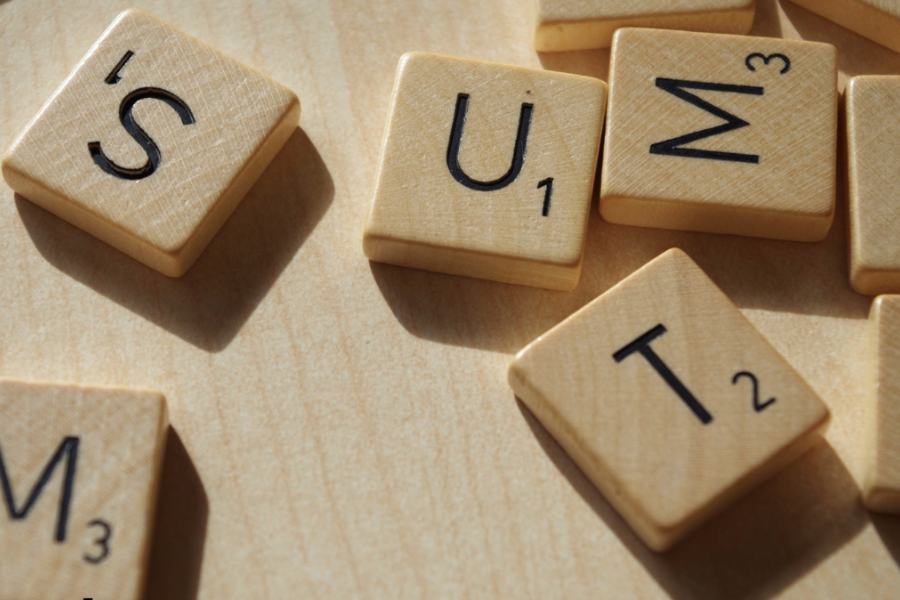The New York Times crossword is a beloved challenge for puzzle enthusiasts, known for its clever, often tricky clues that test even the most seasoned solvers. One clue that frequently appears and puzzles many is “arousing suspicion.” This phrase, while seemingly straightforward, can lead solvers down various paths, making it a classic example of the nuance and depth found in crossword puzzles. In this article, we will explore what the clue “arousing suspicion” might imply, potential answers that fit, and strategies to help you decipher it.
Understanding the Clue
When faced with the clue “arousing suspicion,” it’s important to recognize that this phrase can be interpreted in multiple ways. Crossword clues, especially those in the NYT, are often crafted to be ambiguous, forcing solvers to think beyond the obvious. Here are some angles from which you might approach this clue:
Literal Meaning
At its most basic, “arousing suspicion” refers to something that provokes doubt or causes someone to question the intentions or actions of another. This interpretation suggests that the answer could be a word or phrase directly associated with causing suspicion or distrust. The challenge, however, lies in finding the word that perfectly encapsulates this idea within the confines of the crossword’s requirements, such as letter count and intersecting words.
Synonyms
Another approach is to consider synonyms for “arousing suspicion.” Crossword clues often rely on synonyms, and this one might be hinting at a word that is synonymous with causing doubt or suspicion. The English language is rich with words that convey shades of meaning, so brainstorming synonyms is a key strategy.
Contextual Meaning
Crosswords, particularly those in the NYT, frequently have themes that influence the meaning of the clues. The clue “arousing suspicion” could be tied to a specific context or theme within the puzzle. For example, if the crossword is themed around crime or mystery, the answer might be more specific to that context, such as a word commonly associated with detective work or investigations.
Possible Answers
Once you’ve considered the various interpretations of the clue, the next step is to think of possible answers that fit. Here are some words that might solve the clue “arousing suspicion,” depending on the context and the specific crossword puzzle you’re working on:
SHADY
One of the most fitting answers for “arousing suspicion” is “shady.” This word implies something questionable, dishonest, or not quite above board. It’s often used to describe situations or individuals that seem to be hiding something or engaging in dubious activities. In the context of a crossword puzzle, “shady” is a concise, direct answer that aligns well with the clue.
FISHY
Another word that fits the bill is “fishy.” This term is commonly used to describe something that doesn’t seem right, often leading to suspicion. If something seems “fishy,” it means it appears deceitful or suspicious, making it a strong candidate for the clue.
SUSPECT
“Suspect” is a versatile word that can function as both a noun and a verb. As a noun, it refers to a person believed to be guilty of a crime or wrongdoing. As a verb, it means to believe that something is likely to be the case, particularly something negative or suspicious. This dual meaning makes “suspect” a potential answer for the clue, especially in a puzzle with a crime or mystery theme.
ODD
While “odd” might seem a bit removed from the direct meaning of “arousing suspicion,” it can still be a valid answer in certain contexts. “Odd” implies something unusual or out of the ordinary, which can, in turn, arouse suspicion. If you encounter this clue in a crossword where the theme is eccentricities or abnormalities, “odd” might be the perfect fit.
SKETCHY
“Sketchy” is another term that suggests something unreliable or questionable. When something is described as “sketchy,” it often arouses doubt or suspicion. This word is frequently used in informal contexts to describe situations or individuals that seem untrustworthy, making it a likely candidate for the clue.
DOUBTFUL
“Doubtful” refers to something that is uncertain or likely to cause doubt. While it’s a bit more formal than some of the other options, it still fits the theme of arousing suspicion. If the crossword puzzle leans towards more formal language, “doubtful” might be the answer you’re looking for.
Strategies for Solving
Now that we’ve explored possible answers, let’s delve into some strategies that can help you solve the “arousing suspicion” clue, or any similarly challenging crossword clue.
Check the Crossword Grid
One of the first steps when tackling a tricky clue is to look at the crossword grid. The number of letters required for the answer can provide a crucial hint. If the answer needs to fit into a certain number of spaces, this can help narrow down your options. Additionally, any intersecting words that you’ve already solved can provide letters that will guide you toward the correct answer.
Consider Synonyms
As mentioned earlier, synonyms are a key tool in crossword solving. Brainstorming synonyms for “arousing suspicion” or related concepts like “doubtful,” “uncertain,” or “questionable” can often lead you to the right answer. It’s helpful to have a mental list of synonyms that you can refer to when you’re stuck on a clue.
Explore the Theme
If the crossword puzzle has a theme, it’s essential to consider how that theme might influence the answer. Themed puzzles often use clues that relate to the overarching topic, so understanding the theme can provide valuable context. For instance, if the theme is centered around detective stories, the answer to “arousing suspicion” might be more specific to that genre, such as “suspect” or “shady.”
Analyze Wordplay
The NYT crossword is famous for its use of wordplay, and clues like “arousing suspicion” are often designed to be clever or misleading. Consider if the clue might involve a pun, a double meaning, or another form of wordplay. For example, the clue could be hinting at a more
figurative meaning of “arousing suspicion,” leading to a less obvious answer.
Use Crossword Tools (Sparingly)
While it’s best to rely on your own skills and knowledge when solving crosswords, there’s no shame in using tools like crossword dictionaries or online solvers if you’re truly stuck. These resources can provide lists of possible answers that fit the clue, but they should be used as a last resort to maintain the challenge and enjoyment of solving the puzzle.
Clue Mechanics: How Crossword Clues Are Crafted
Understanding how crossword clues are crafted can also enhance your solving skills. Clues like “arousing suspicion” are often designed to be indirect or to require lateral thinking. Here are some aspects of clue mechanics to keep in mind:
Wordplay and Puns
Crossword creators frequently use wordplay or puns to make clues more challenging. For example, a clue might involve a double meaning or a homophone that isn’t immediately obvious. In the case of “arousing suspicion,” the clue might be hinting at a word that has a secondary meaning related to suspicion.
Cryptic Clues
While not as common in the NYT crossword, cryptic clues are a staple of British-style crosswords. These clues use wordplay, anagrams, and other techniques to obscure the answer. Understanding how cryptic clues work can sometimes help with particularly tricky puzzles.
Abbreviations and Acronyms
In some cases, clues might involve abbreviations, acronyms, or other shortened forms of words. It’s important to consider if the answer might be a shorter version of a word that means “arousing suspicion.”
Conclusion
The clue “arousing suspicion” is a quintessential example of the complexity and depth of NYT crossword puzzles. Whether you’re a novice solver or a crossword veteran, tackling such clues requires a blend of linguistic knowledge, strategic thinking, and sometimes a bit of lateral thought. By understanding the possible interpretations of the clue, considering synonyms, and employing effective solving strategies, you can approach this challenge with confidence.
Crossword puzzles are more than just a pastime; they’re a mental exercise that sharpens your mind and broadens your vocabulary. The satisfaction of solving a challenging clue like “arousing suspicion” is well worth the effort, and with practice, you’ll find yourself cracking even the most perplexing puzzles.
So the next time you encounter the clue “arousing suspicion” in a crossword, remember these tips and strategies. With a bit of patience and clever thinking, you’ll find the answer and continue your journey through the ever-entertaining world of crossword puzzles.
“Stay ahead of the trends with insightful articles at BangkokTribune.com.”



